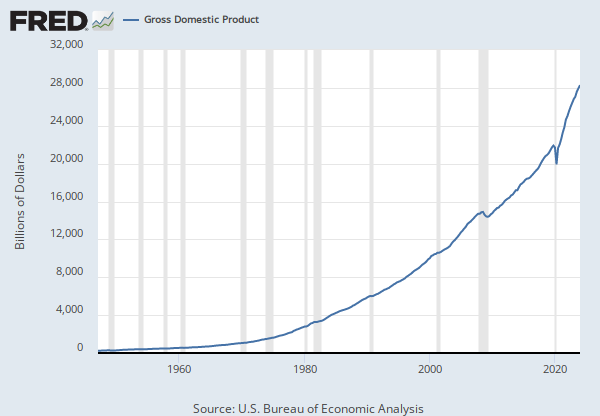Home > Releases > Brave-Butters-Kelley Indexes > Brave-Butters-Kelley Leading Index
Q3 2024: 0.92486 |
Standard Deviations |
Quarterly |
Updated:
Nov 4, 2024
7:31 AM CST
Observation:
Q3 2024: 0.92486 (+ more) Updated: Nov 4, 2024 7:31 AM CST| Q3 2024: | 0.92486 | |
| Q2 2024: | 1.15161 | |
| Q1 2024: | 1.35456 | |
| Q4 2023: | 1.41808 | |
| Q3 2023: | 1.60192 |
Units:
Standard Deviations,Seasonally Adjusted
Frequency:
Quarterly












